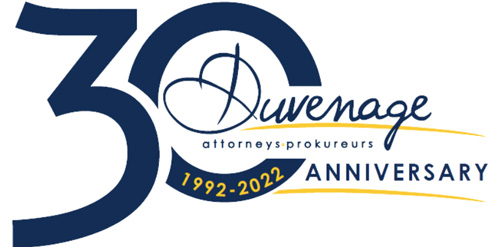FROZEN ASSETS AFTER DEATH
How will your family survive after you are gone?
Your estate and bank accounts can be frozen for a long time after your death.
How can you help your family pick up the pieces and have enough funds to live on?
- AFTER DEATH
After a death, a judicial process is undertaken, known as probate, which is an extensive process that can take anything from nine months up to two years. During the first step, while the validity of the will is being determined, the family assets are frozen. This basically means that the family does not have the ability to access any money over this period.
- MARRIAGE IN COMMUNITY OF PROPERTY
A joint account falls into the joint estate, so these accounts are frozen until an Executor is appointed.
A surviving spouse account, will remain untouched, however, each bank differs on how they handle accounts in the case of spouses married in community of property.
- FUNERAL POLICIES
It is a very good idea to have funeral cover, as life insurance policies take time to pay out. Funeral policies pay out almost immediately whilst the estate is being wound up.
- LIFE INSURANCE POLICIES
Life insurance policies fall outside of the estate, so these funds are payable directly to the nominated beneficiary upon death.
- SPOUSE ACCESS TO BANK ACCOUNTS
If your spouse has access to your bank accounts and he/she is the only beneficiary of your will, he/she will have access but needs to keep detailed records of withdrawals in order for the Executor to factor into the distribution and liquidation account as maintenance and funeral expenses.
NO PROVISION AND THE DECEASED WAS THE SOLE PROVIDER
The Administration of Estates Act makes provision for the bank or the Master of the High Court to release funds for the deceased’s dependants and for funeral expenses.
SETTING UP A TRUST
It would be in the best interest of a family, if possible to set up a Trust where they can transfer some of their assets. One of the advantages of the Trust is that a Trust is not frozen upon the death of a spouse as it is dependent on the estate and not an individual.
AN EXECUTOR
When a spouse or both spouses die, the estate needs to be reported to the Office of the Master of the High Court in the Regional Jurisdiction where they live. It is required by law that all the accounts are frozen to prevent fraud. An Executor is appointed by the Master of the High Court, if there is no Will that sets out the Executor’s details. This appointment can take anything from three weeks to three months.
Your family still need to survive when you are gone. Duvenage Attorneys are your companions when navigating the complexities of dealing with frozen assets of a loved one after death. So speak to our qualified lawyers to assist you through this matter.





